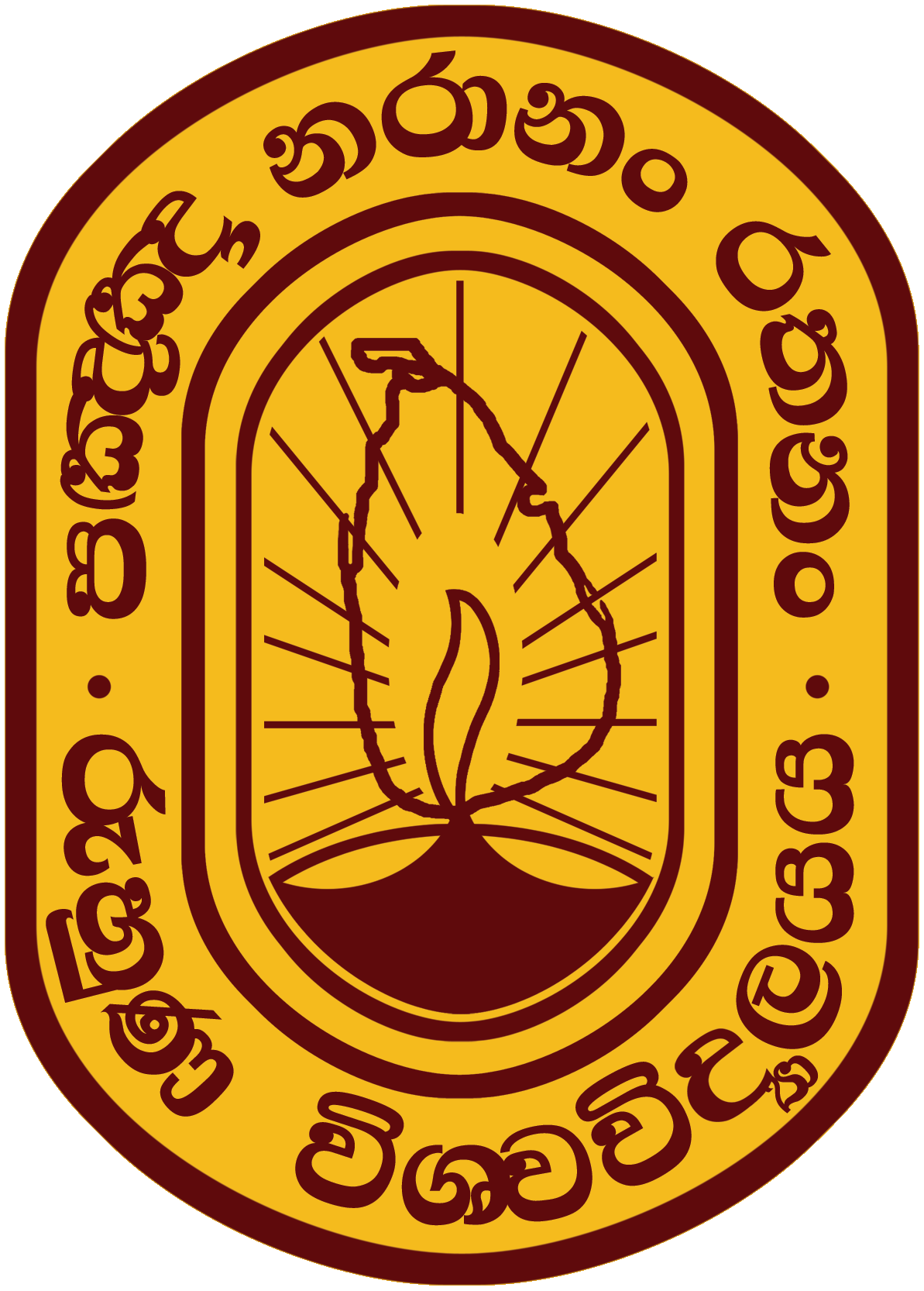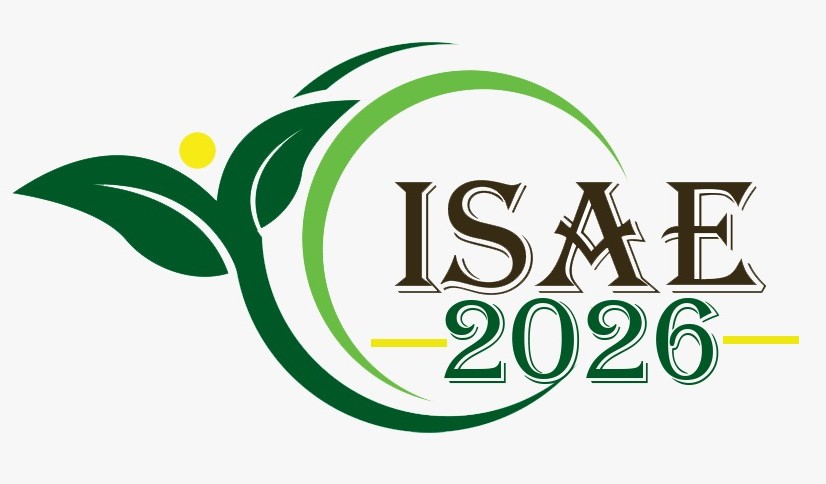



The Microsoft CMT service was used for managing the peer-reviewing process for this conference. This service was provided for free by Microsoft and they bore all expenses, including costs for Azure cloud services as well as for software development and support.
As a parallel event alongside the scientific sessions of ISAE 2026, the "Young Graduates' Forum (YGF)" is scheduled for 2nd September 2026. This yearly gathering seeks to create a platform where young graduate students from the Faculty of Agriculture (FoA), University of Ruhuna (UoR) can exchange innovative research ideas, fresh knowledge, and academic experiences in an open scientific environment. The forum fosters cross-disciplinary collaboration and advances research integration by facilitating scientific dialogue among emerging researchers.
Top presenters selected from the final year research presentations across three degree programs, representing every department within FoA, UoR, will participate in the YGF through both oral and poster presentation formats.
The 3MIT (Three-Minute Innovative Talk), this dynamic platform brings together talented graduates and industry professionals, providing students with invaluable opportunities to showcase their internship experiences, engage with potential employers, and gain critical insights into their professional futures.
The event features competitive presentations where students demonstrate their industrial training projects, fostering meaningful dialogue between academia and industry. Through inspiring presentations, interactive sessions, and extensive networking opportunities, 3MIT celebrates outstanding internship achievements while recognizing top performers. This initiative plays a crucial role in bridging the gap between theoretical knowledge and practical industry applications, ensuring graduates are well-prepared for their careers.